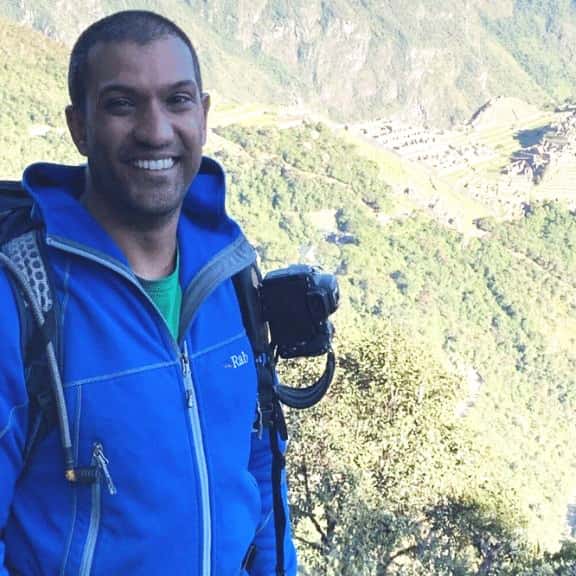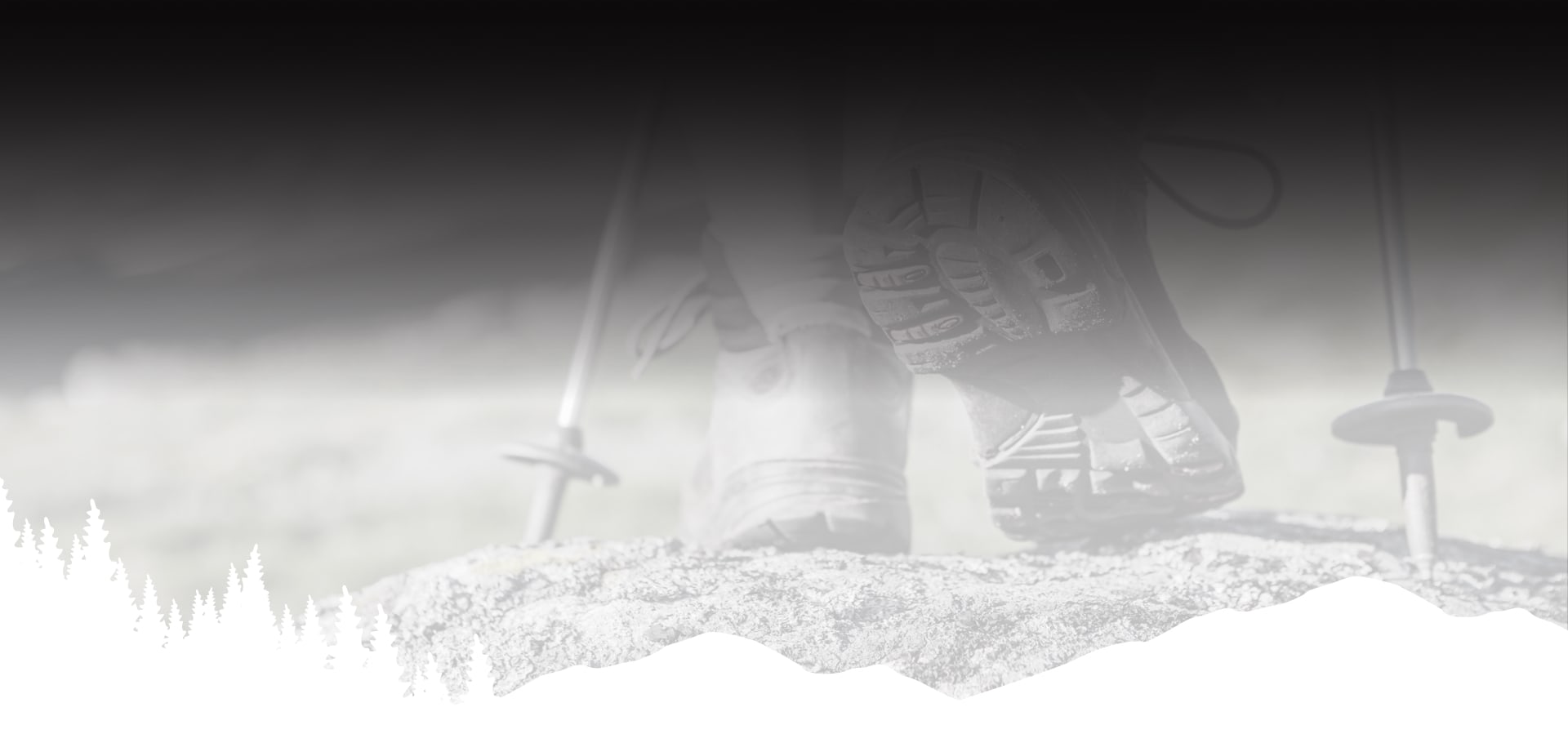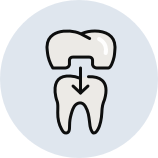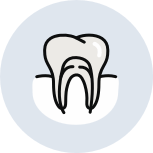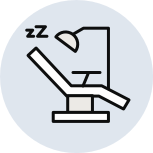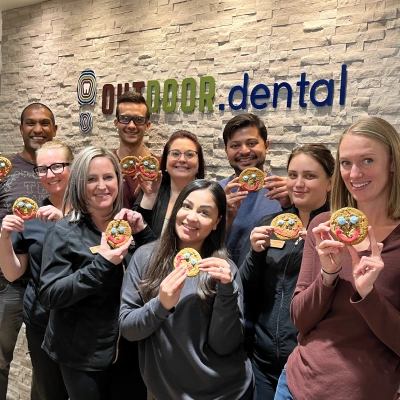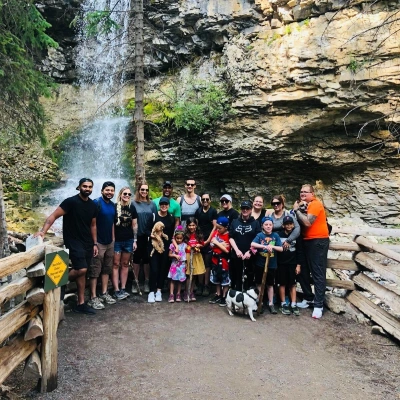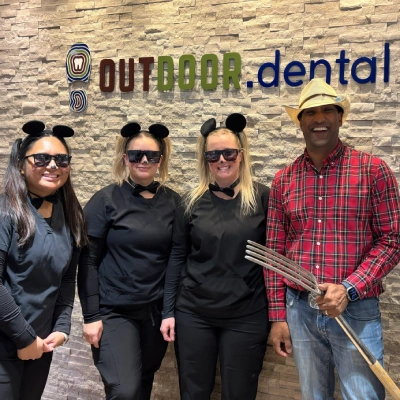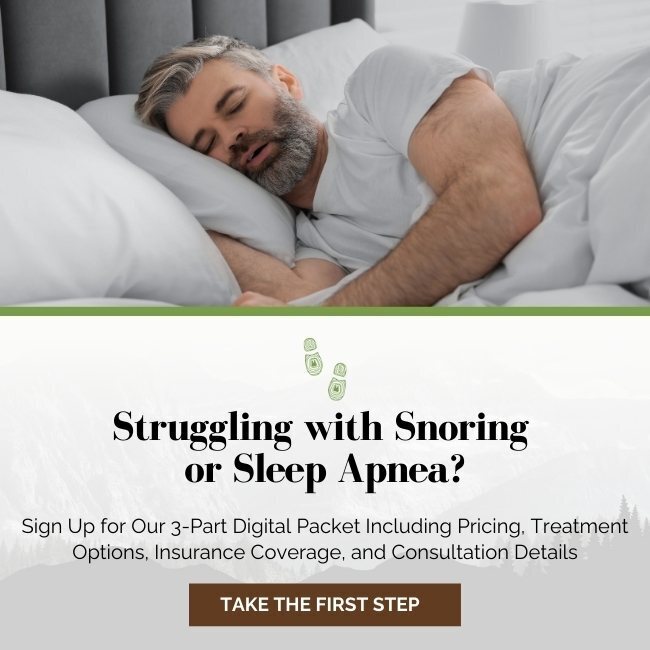If you’re scared of going to the dentist and the mere thought of getting a dental checkup makes your heart race and your palms sweat, you may have dentophobia, a fear of going to the dentist.
Those with dental anxiety tend to avoid going to the dentist entirely due to fear. However, avoiding the dentist can cause more severe dental problems in the future, leading to more prolonged, invasive procedures later.
Strategies to overcome dental anxiety and have successful dentist appointments include:
- Communication with your dentist
- Strategizing your appointment times
- Using breathing exercises
- Distraction techniques
- Sedation or Solea laser dentistry
Be open with your dentist about your fear and anxiety—it’s more common than you think.
How to Manage Dental Anxiety
Dental fear often accompanies other phobias, anxiety, or panic disorders, and tends to be caused by:
- Feeling helpless
- Feeling embarrassed
- Past experiences
- Anecdotes from other people
Fear of being touched and fear of doctors are commonly linked phobias, but there are methods to overcome and manage dental fear and anxiety.
Identify Your Fear
The first step in overcoming dentophobia is to identify precisely what you’re afraid of. Once you know the root of your fear, overcoming it can be much easier. For some people, their fear may be due to a bad experience, while for others, it’s the fear of dental procedures or the sounds and smells in a dental clinic. Whatever your reason, start by identifying it and acknowledging that your fears are real.
If you struggle to pinpoint exactly where your fears and anxiety stem from, there are some common fears you may need to overcome:
- Pain
- Noise
- Needles
- Choking or gagging
- Blood
- Anesthetic
Communicate with Your Dentist
Speaking to your dentist and dental hygienist about your fears can be very helpful. Let your dentist know that you are afraid and what your specific fear is. Most dentists have experience with nervous patients and will be happy to help put you at ease. You can also discuss their tactics to help anxious patients and how to make your dental visit more comfortable.
Choose the Right Time
Schedule an appointment during the period of the day when you are most relaxed and alert, which can help you stay calm and focused throughout the appointment. Having plenty of time before and after the appointment is also essential to get ready, relax, and practice your coping techniques.
Breathing Techniques
Practicing breathing techniques and relaxation exercises can help to reduce anxiety. If your anxiety levels start to build up during your dentist appointment, practice shifting your focus to your breathing. Doing so can help to slow your heartbeat, lower your blood pressure, and reduce stress.
Popular anxiety-relieving breathing techniques include:
- Abdomen breathing: Breathing from your diaphragm
- Box breathing: Inhaling, holding, exhaling, and holding again at the same 4-count
- 4-7-8 breathing: Inhale to a count of 4, hold your breath for a count of 7, and exhale to a count of 8
Shallow breathing can contribute to anxiety by disrupting the oxygen and carbon dioxide levels in your body, causing physical symptoms, including:
- Elevated heart rate
- Dizziness
- Muscle tension
Listen to Music
Listening to music can distract you from what’s happening in the dental clinic and make you more comfortable. Create a playlist with your favorite tunes, bring your earbuds, and press play during your appointment. This can help to soothe your nerves and lower your anxiety.
Sedation Dentistry for Dental Anxiety
With sedation dentistry, patients can experience a state of deep relaxation, enabling them to undergo dental procedures with minimal discomfort or fear. One of the primary benefits of sedation dentistry is the ability to overcome dental anxiety.
By creating an environment characterized by calmness and serenity, dentists assist in alleviating apprehension or nervousness that may arise before or during dental procedures. This approach fosters positive experiences and helps establish trusting relationships between you and your dentist.
In addition to its anxiety-reducing effects, sedation dentistry can:
- Optimize time management, since some dental treatments that would typically require multiple visits can be completed within a single appointment
- Provide a variety of options tailored to individual needs and preferences, including nitrous oxide (commonly referred to as laughing gas), oral sedation, or intravenous sedation
Solea Laser Dentistry for Dental Anxiety
With Solea laser dentistry, patients can receive a gentler approach to dental work, which makes it easier for some to overcome their fears and care for their smile. Solea laser dentistry is a revolutionary dental technology that uses a laser to perform various dental procedures.
Solea laser dentistry uses light energy to cut through hard and soft tissue. This means that dental procedures can be performed without the need for drills, scalpels, or anesthesia. The laser is highly precise, which allows for more accurate and less invasive dental procedures. In addition, the Solea laser also helps promote faster healing times, as there is less trauma to the treatment area.
Solea laser dentistry can be used for a variety of procedures, including:
- Fillings
- Cavity removal
- Gum disease treatment
- Cosmetic dentistry
Feel More Comfortable at the Dentist
Going to the dentist is essential to maintaining oral and overall health. You don’t have to let your fear keep you from getting the care you need. Addressing your fear and taking steps to overcome your dentophobia can be a game-changer.
Visit the team at Outdoor Dental to explore the various techniques that can help your dental appointment feel like a more pleasant experience.


